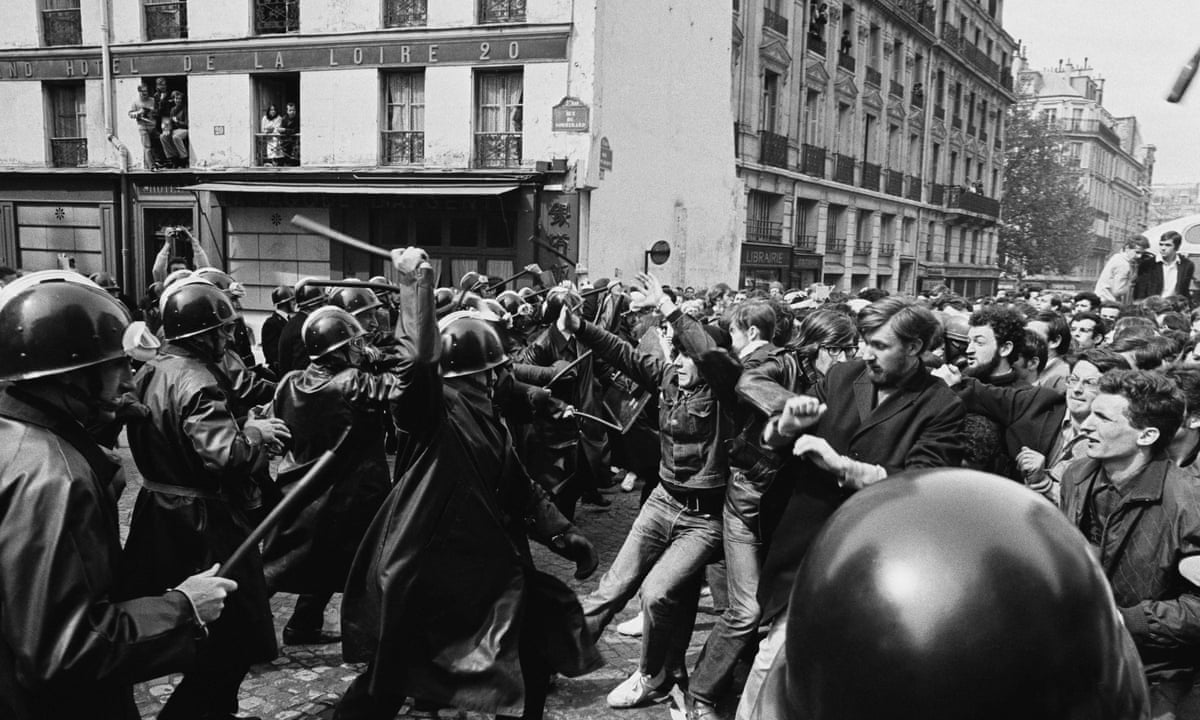If you would like to leave comments, you can do so on this Mastodon thread.
Thesis: Who is the revolutionary class? We have focused far too long on the question of “class composition”, but not enough on class activity.
Table of Contents:
Addendum:
Following the decline of the USSR and the rise of the neoliberal “end of history”, the historical left began to find itself in an identity crisis of sorts. This is the type of crisis Derrida finds himself contending with when writing Specters of Marx:
Today, almost a century and a half later, there are many who, throughout the world, seem just as worried by the specter of communism, just as convinced that what one is dealing with there is only a specter without body, without present reality,without actuality or effectivity, but this time it is supposed to be a past specter. It was only a specter, an illusion, a phantasm, or a ghost: that is what one hears everywhere today. (Derrida 1984, 47-48)
As for what “defines the left”, I’ve written on that before (although it hasn’t aged well); the focus of this piece is to provide a response to the questions raised by one of Marxism’s alleged “gravediggers”, the New Left.
On the other hand, there has emerged a growing body of leftist intellectual work which is highly critical of Marxism and often explicitly anti-Marxist., Two characteristics of these new critiques of Marxism are particularly important.
First, they are critiques on the Left, not from the antisocialist Right. The criticisms are not from apostate Marxists who have become defenders of capitalism; they are from anti-capitalist intellectuals with commitments to progressive social change. In some cases, in fact, these theorists’ vision of the alternative to capitalism is not radically different from the image of socialism and communism contained in Marxist theory; what is different is the view of the theory of society needed to help create such a society.
Second, the critiques are not simply critiques of the insufficiencies or gaps in Marxist theory; they are critiques of Marxism. In one way or another all of these theorists argue that Marxist theory is a hindrance, that its theoretical assumptions necessarily create blind spots, that its foundations are fundamentally flawed and thus it cannot be reconstructed — it must be abandoned. (Wright 1983, 452)
One of the major points of contention for these social movements was the question of whether Marxism fundamentally has a “tendency toward class or economic reductionism in Marxist typologies of historical forms of society” (Wright 1983).
Is a primarily material conception of society able to testify to the experiences and promise liberation for groups of a racial, sexual, or gender-based identity? Is it even the duty of socialists to pursue such ends?
This essay will deal with evaluating common responses to this question, and providing an answer that does not jeopardize the content of a revolutionary critique.
Blogger and software engineer. I write on tech, politics, and theology.

